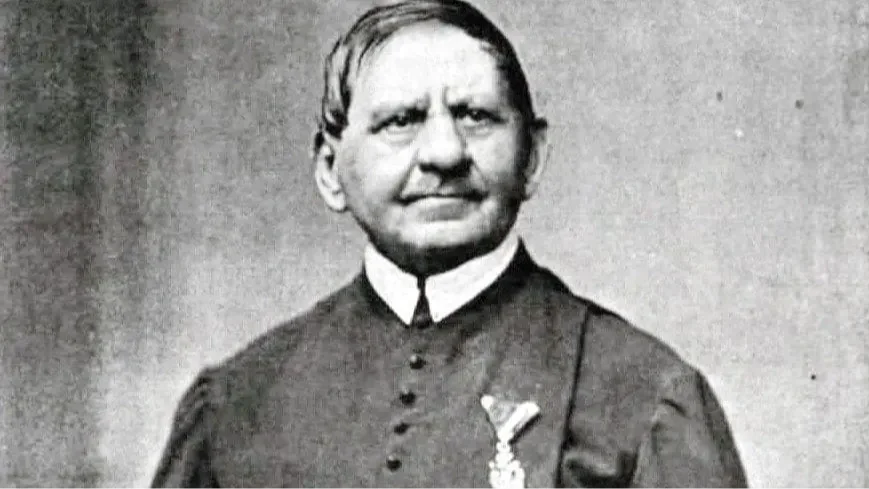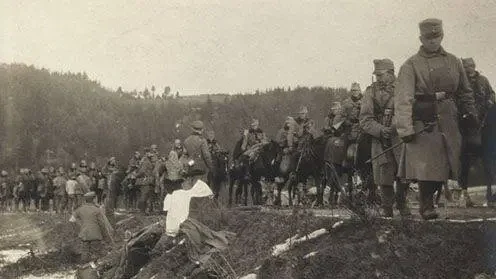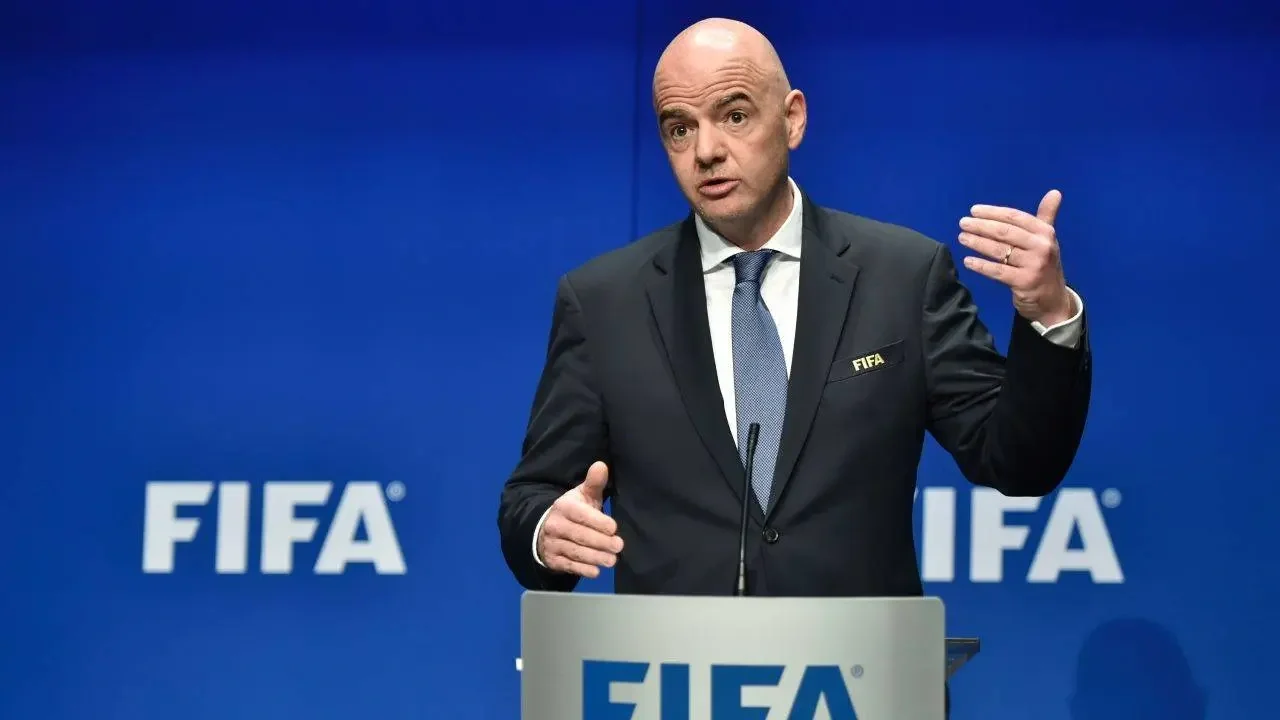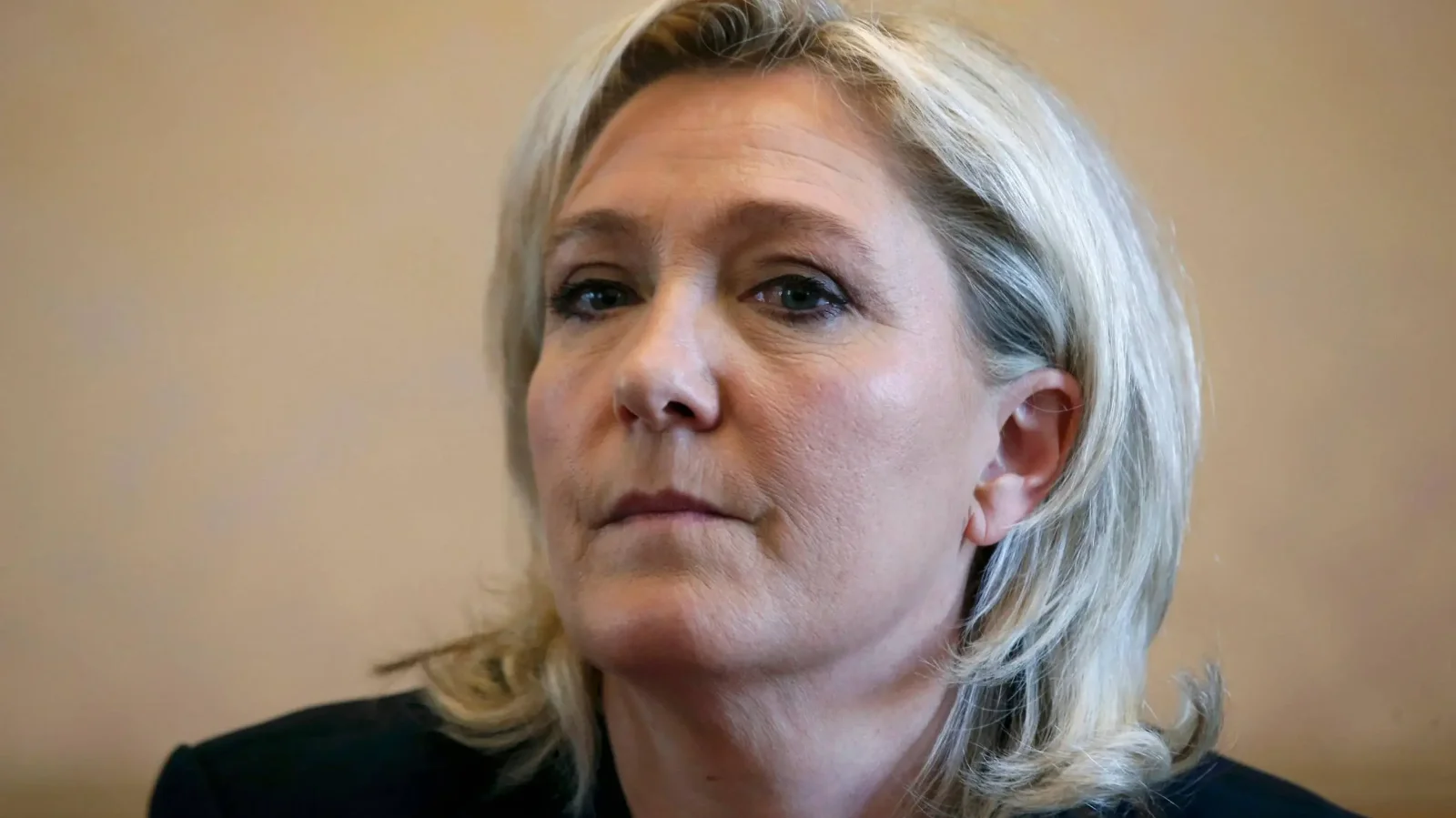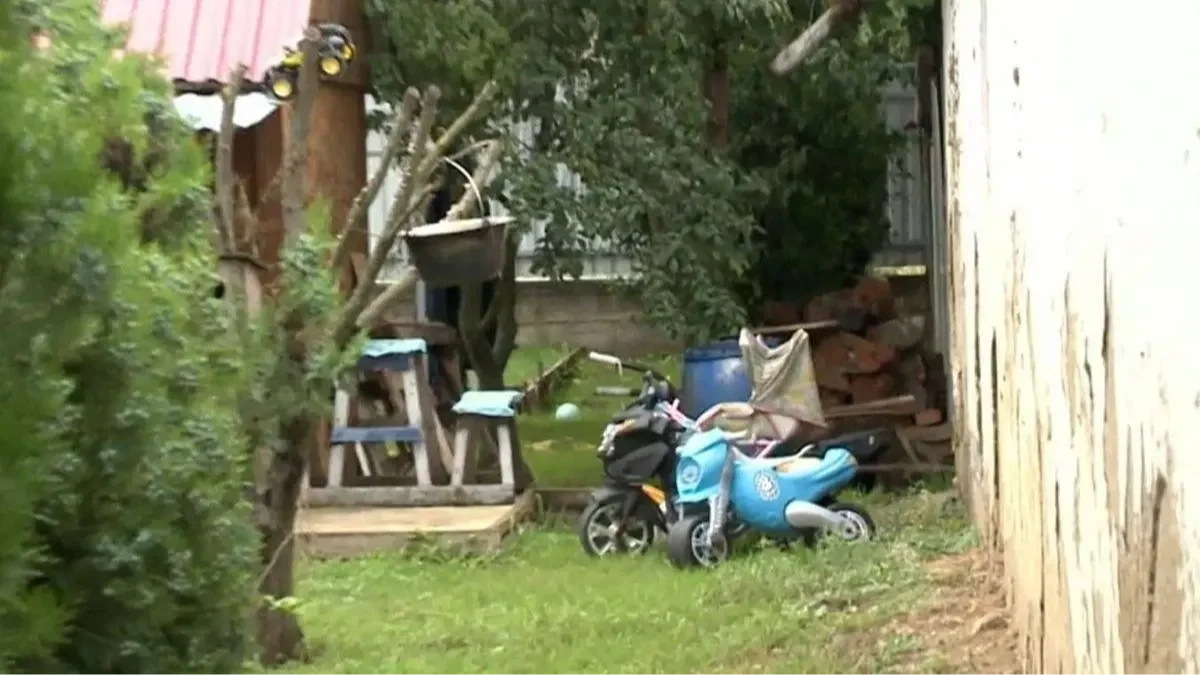Exclusive Interview: Psychologist Speaks Out on Same-Sex Parents Raising Children

Translation of an article originally published in Hungarian by Magyar Jelen on August 16, 2025 by Éva Remenyiczki.
Gábor Vasas, a professional psychologist, spoke candidly with Magyar Jelen (Hungarian Present) about why he considers the presence of both genders essential in child-rearing, and why he believes that two women or two men cannot prepare a child for life in the same way as a traditional family. In this exclusive interview, he provides honest answers to even the most sensitive questions.
The interviewee, Gábor Vasas, is a licensed psychologist who completed his studies at the Faculty of Humanities at the University of Debrecen in 2006. His career path since then demonstrates extensive knowledge and experience. He has worked as a psychology teacher, community coordinator, and head of a school psychology network, among other roles. He has operated his private psychology practice since 2014, specializing in child and occupational psychology. Within this framework, he offers psychological and child-rearing counseling, examines learning difficulties, addresses family and relationship problems, and conducts personal development training. We asked professional psychologist Gábor Vasas about the potential harmful effects on children when same-sex "parents" raise them. We compiled our article based on his responses.
Why is it important for children to encounter both female and male role models during upbringing?
In response to our question, Vasas explained that children learn from different types of relationship patterns, and male-female roles often provide different, complementary psychological and emotional experiences. He started from the premise of what the male and female roles are in child-rearing, since
both patterns must be provided to the child during upbringing. If one is consistently absent, it could hinder the child's personality development in certain areas.
The professional psychologist emphasized that this also creates problems when a mother and grandmother raise a child together. Similarly, a child's personality development can be harmed when a father raises his child alone.
What do psychological theories say?
According to the expert, early psychodynamic theories (such as the early works of Freud and Bowlby) suggested that a child develops their gender identity and social skills through the example of the same-sex parent, while their relationship with the opposite sex is shaped by the opposite-sex parent.
“Based on social learning theory, children learn 'male' and 'female' behavior through observation, and they need a living model for this. Children need both patterns so that personality development is ‘balanced,’ so that both the emotional and rational sides, both the protective and challenging aspects appear in their upbringing.”
—Vasas explained his thoughts.
“Masculine” roles help children develop boundary awareness, the courage to take risks, and structured thinking.
“Feminine” roles provide emotional security, empathy, and connection abilities.
What happens when a child doesn't receive a female role model?
In his view, if a father raises his children alone and struggles to express empathy, the child's emotional expression and sense of security may weaken,
making them more prone to performance-oriented behavior or risk-taking.
For girls, it may happen that they have more difficulty developing a female role model, which can cause uncertainty in their identity or relationship expectations.
Let's look at the other side: what are the consequences when a child doesn't receive a male role model?
When a mother and grandmother raise a child without male presence, it harbors certain risk factors, according to the psychologist's assessment. “Masculine” psychological patterns include, for example, boundary-setting, risk-taking, and physical challenges.
If these are missing, the child may become more cautious, risk-averse, and less likely to learn how to stand up for themselves decisively in conflict situations.
For boys, the same-sex adult model may be missing, which can influence the development of gender identity and the internal image of “how to be a man.”
What is the risk when a child experiences only one type of parental behavioral and communication style?
The professional psychologist continued his line of thinking and indicated that understanding social roles also represents an additional risk factor. This means that through exposure to various adult models, children learn to recognize and navigate different behavioral, thinking, and communication styles, which is key for social integration. Regarding communication styles, a “more masculine” style might be shorter, goal-oriented, less emotional, for example, “What's the task? Let’s do it!,” while a “more feminine” style is more descriptive and emotionally responsive, for example, “How do you feel about this situation?”
When children experience both, they can later adapt more flexibly to others.
We then turned to how problem-solving ability might be affected when a little boy or girl sees only one pattern.
Can a child lose problem-solving ability if they follow only one type of parental model?
Vasas also informed us that regarding problem-solving methods, the masculine pattern is logical, rational, and seeks quick decisions: “Here’s the problem, this is how we solve it.” The feminine pattern is more empathetic, relationship-oriented, and seeks consensus: “Let’s talk it through so it’s good for everyone.” When children see both, they understand that multiple solution paths can exist for the same situation.
Why is it important for children to encounter multiple problem-solving styles?
In his response, he explained that it’s because in real life, children will encounter decisive bosses who communicate briefly, colleagues seeking cooperation, conflict situations where quick decisions are needed, and also situations where emotions need to be talked through first.
“If as children they see only one style, as adults they may struggle to adapt to the other,”
he emphasized, then continued his thoughts this way:
“Here’s another interesting point: during our adult years, we seek the emotional relationships we saw and developed in childhood, because that’s familiar and habitual for the brain, and this feels safe. For instance, a child of an alcoholic parent may later choose an alcoholic partner, or an emotionally neglected child may seek similar relationships as an adult.”
How much do childhood relationship patterns determine adult partner selection?
The expert answered definitively: “The relationship patterns we experience in childhood become ingrained in our nervous system, and as adults, often unconsciously,
we are drawn to these patterns because they are familiar. The brain craves predictability, even when it’s not healthy.”
In closing, he highlighted that these feel “safe”—not because they are actually safe, but because these situations are familiar to the limbic system—and we try to replay unresolved stories (this is what attachment theory, schema therapy, and the psychodynamic approach deal with).
Az X- és Telegram-csatornáinkra feliratkozva egyetlen hírről sem maradsz le!Mi a munkánkkal háláljuk meg a megtisztelő figyelmüket és támogatásukat. A Magyarjelen.hu (Magyar Jelen) sem a kormánytól, sem a balliberális, nyíltan globalista ellenzéktől nem függ, ezért mindkét oldalról őszintén tud írni, hírt közölni, oknyomozni, igazságot feltárni.
Támogatás



